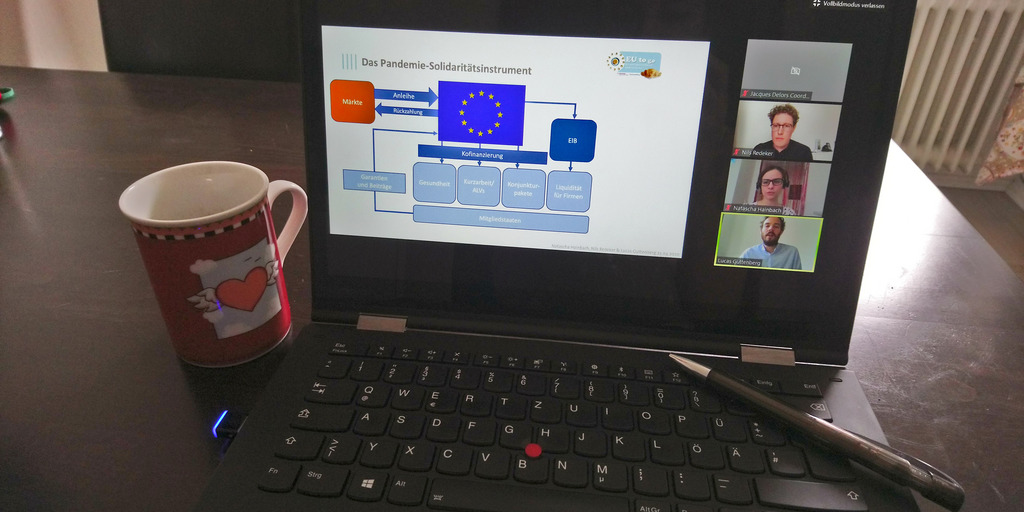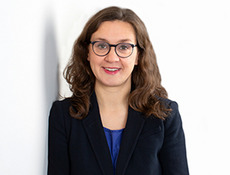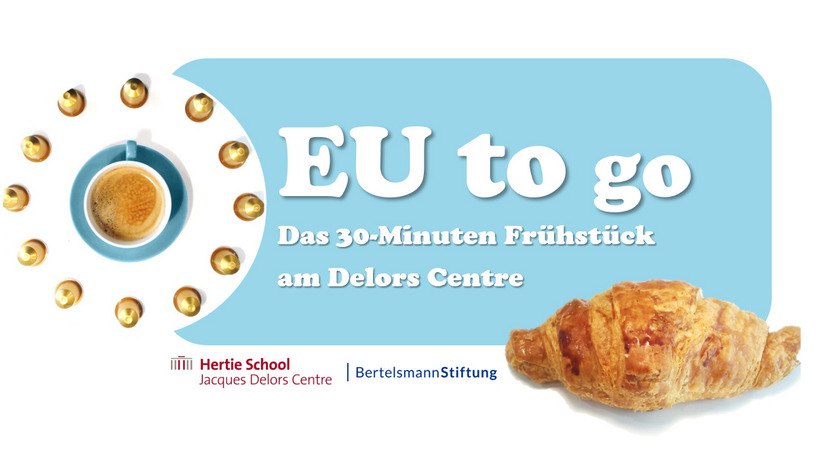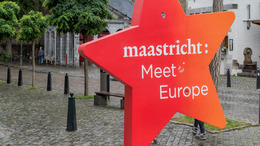Nils Redeker from the Jacques Delors Centre and Natascha Hainbach from the Bertelsmann Stiftung introduced the event with the results of their recently published policy paper "Flattening the Recession Curve". They emphasized that despite the outbreak of the virus occurs throughout Europe, the current crisis has divergent economic effects in the European economies. EU countries are not only affected to different degrees by the crisis, for example due to their sectoral composition, but also show large differences in the fiscal policy measures they have taken so far. However, the different design of the measures does not reflect the differences in the strength of the shock induced by the pandemic. It can rather be assumed that it depends on the fiscal room for manoeuvre of the member states whether they have so far intervened with rather limited or extensive measures.








